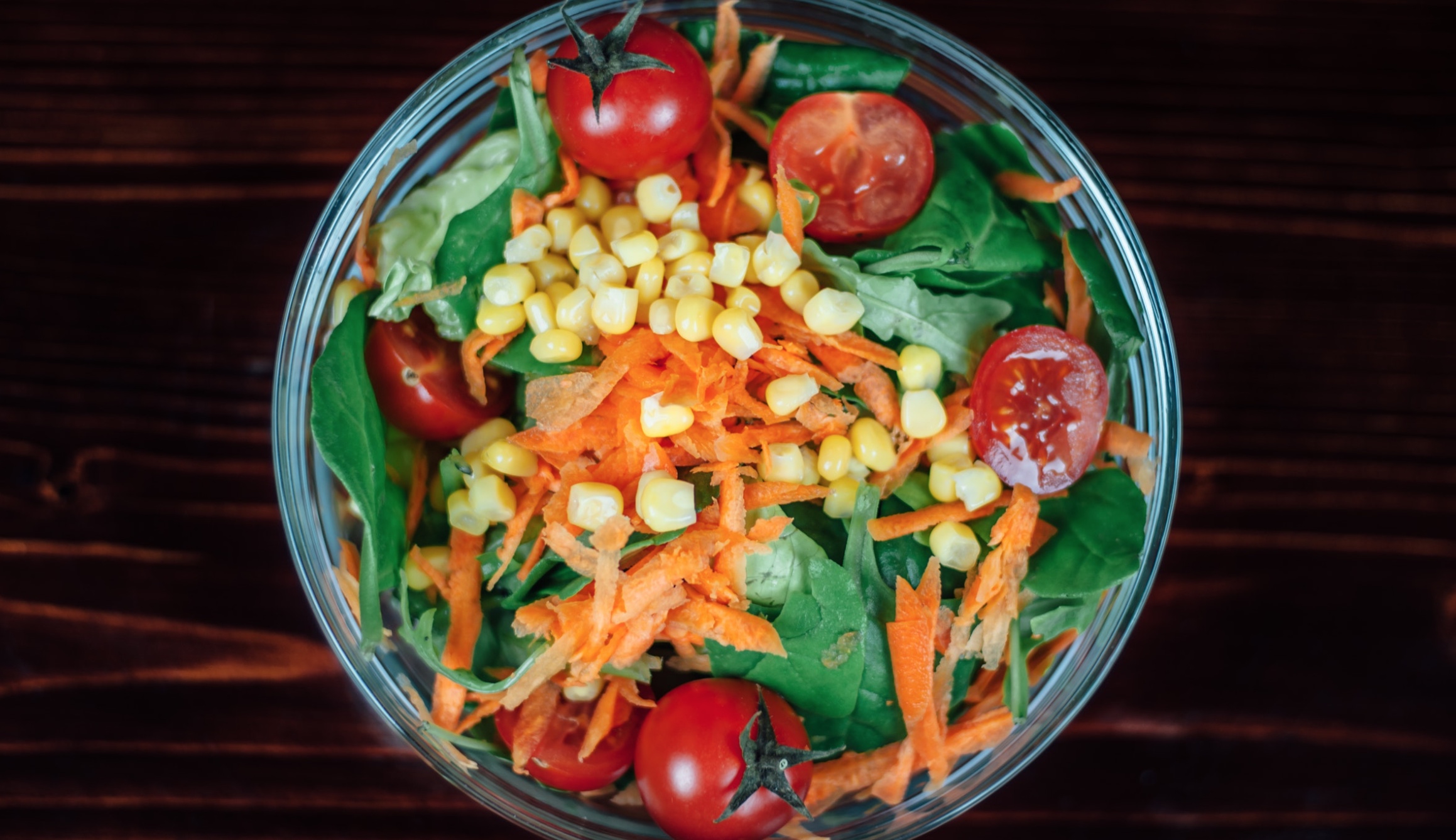Today you will learn if you need to be taking a supplement, and what the link is between being vitamin/mineral deficiencies and weight loss.
Recent research published in the College of Nutrition, suggests that there is an intricate relationship between weight gain and our deficiencies in vitamins and minerals. Research has also shown that overweight adults have vitamin deficiencies across the board. A few specific deficiencies stood out. Compared to those in the study who were considered to be at normal weight, 20% of obese adults were lacking in vitamin A, vitamin C, vitamin D, and magnesium. They were also less likely to meet federal requirements for iron, calcium and vitamin E. So are our vitamin deficiencies making us fat?
An important fact to point out is that the supplement industry is a 300 billion dollar industry. Why is that important? Because the supplement industry is big business, which means that with that, comes some deception. My suggestion is to use sites such as Labdoor.com … Labdoor is a 3rd party company that has taken it upon themselves to test some of the most popular supplements on the market. Their sole purpose is to give you, the consumer, a straight forward, unbiased report on the product and if the label is accurate in providing what is truly in the supplement.
It’s estimated that 92% of Americans are deficient in at least 1 vitamin or mineral. A recent USDA study showed that 37% of Americans are deficient in vitamin C, 70% don’t consume enough vitamin E, 75% of us are defunct in Zinc, and 40% are low in Iron.
After testing my own vitamin and mineral levels with my physician, my results showed that I was surprisingly deficient in the majority of vitamins and minerals, and even some of my amino acids. I was shocked. Up until this point, I never took vitamins. I always figured that I was getting everything I needed from my food. I’ve always eaten really well, and taken great care of my body. But obviously something was off.
Come to find out, I was suffering from something MOST Americans have, but just don’t know it… leaky gut. When you have leaky gut, your body is unable to properly absorb vitamins and minerals from your food. So you could be eating a crazy healthy diet, and be deficient in a ton of areas.
So what do you do with this information? What can you do today to make sure you aren’t continuing to put your body in a position of being deficient.
1. Start by removing the things from your diet that cause inflammation. One of the biggest contributors to leaky gut is inflammation. How do you know if a food gives you inflammation. Well, this might take a little bit of testing on your end. The first thing you do is remove the most common inflammatory foods: dairy, wheat/gluten, sugar, corn, and soy. Read labels before you put food in your body and do your best to remove these 5 high inflammatory foods from your diet. Signs of inflammation are symptoms such as, but not limited to, headache, aches, stomach distress, colon distress, cramping, gas, bloating, indigestion, heart burn, nausea, decrease in energy or mood, and so on. Basically any negative physical change you notice that happens after you eat is a sign of inflammation. Once you remove these inflammatory foods from your diet, your gut will begin to heal and therefore if you are suffering from leaky gut, your body will then start to absorb more nutrients from your food!
2. Start taking a high grade, high quality multi vitamin. The research is too overwhelming not too. We all walk around defiant in something, so cover all you basis and take a good daily multivitamin. Use a company like Labdoor to help you determine which brand to go with.
3. Take an honest look at your diet. Are there areas that are lacking in nutrient dense meals? See your body as a study of one! Be inquisitive and take the time to understand what your putting in your body. You and your body deserve that.


Great article, Chalene.
I think that magnesium, calcium and iron are the most important minerals for weight loss.
https://beautyandhealthlife.com/best-vitamins-and-minerals-for-weight-loss/